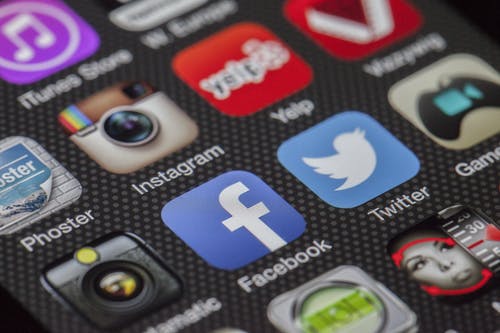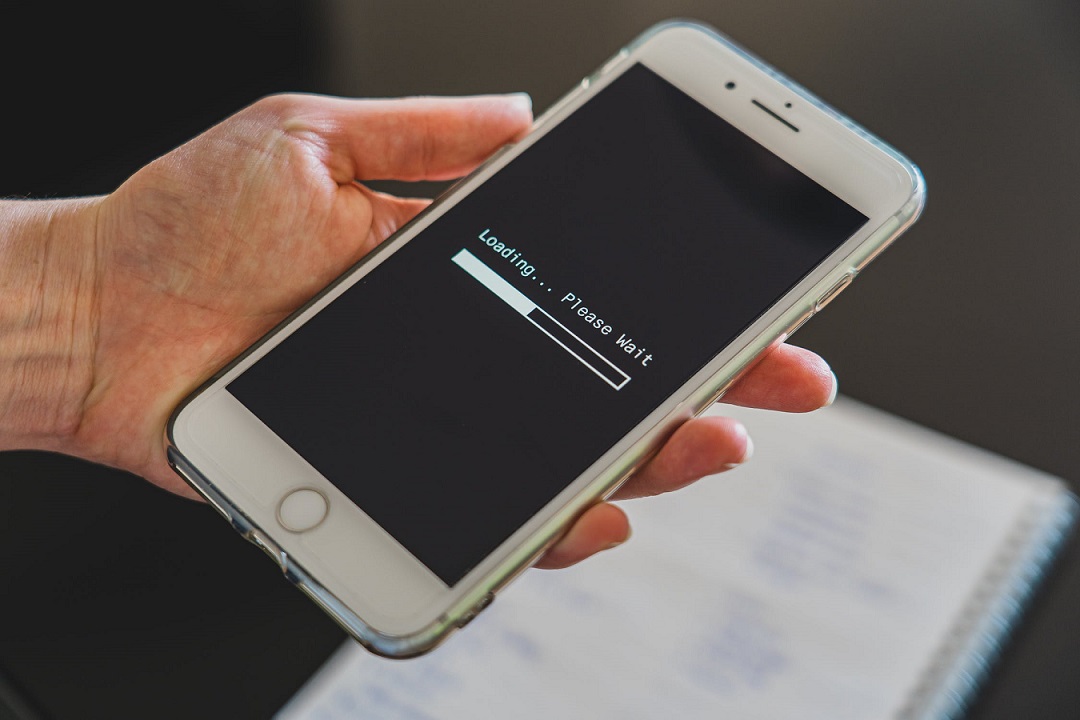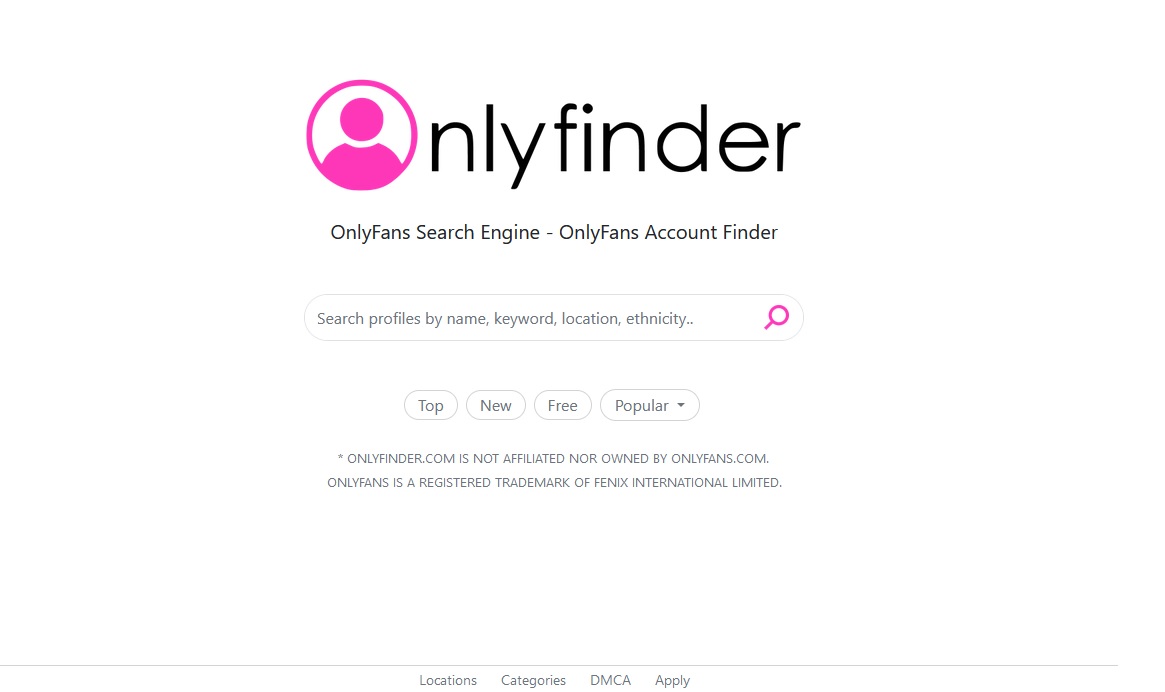Nowadays, we are always connected to the internet in one way or another. We do so for entertainment purposes, to seek out knowledge, for work, and various other reasons. For some, the morning starts with a quick scroll through their social media accounts. Due to this constant connectivity, the amount of private information that can be gathered about us grows. We’re shopping online, collaborating with partners, or ordering food. All of these activities include sharing private info that can be misused.
On top of that, various websites automatically gather info about their users and use them to push targeted ads and spam you while you browse. Let’s see what you can do to avoid these annoying tendencies.
Primary emails and phone numbers are best kept private
Many online services and websites request your email address and/or phone number to give you full access to articles or other content. Your reward for doing this is usually getting spammed with their marketing advances and offers. Create a secondary email for creating accounts on websites you don’t trust and avoid sharing your phone number at all costs.
Online storage is not 100% safe
We tend to keep a lot of data on cloud storage using services such as Google Drive and DropBox. While these services are relatively safe, they are not safe enough for you to store a list of your passwords and scans of your sensitive documents (passports, personal IDs, etc.).
Check privacy settings on social media networks
We use at least one social media network daily. A lot of people use more than one, and some even have multiple accounts on certain platforms. By default, these platforms set your privacy settings to suit their needs best. Check your privacy settings and adjust them so that you share only the functional information necessary for the site to work. In addition to this, do not be too open on social media. Avoid posting highly sensitive pictures or sharing posts with a lot of personal data. In some cases, such data can be used to craft personalized phishing scams.
Create strong passwords
Creating passwords can be seen as a tedious activity. We tend to use passwords that we can remember, which ends up being a simple phrase that is easy to guess. Even worse, a lot of users end up using the same password on multiple websites. This repetitive use of the same passwords creates additional problems, especially when your credentials are a part of a data breach.
So, never use the same password, and always try to come up with complex combinations. Make sure your passwords are 12+ characters long and use a combination of upper- and lower-case symbols, numbers, and special characters. Using a password manager can help you keep them safe and neatly organized.
Review permissions for third-party software
Apps, browser extensions, online games, and a variety of other programs will ask you to give certain permissions. For instance, a photo-editing app might require access to your camera and gallery. In most cases, we don’t even look at these and treat them the same way we treat Terms and Conditions. We agree with them without taking a second look. Unfortunately, not all programs can be trusted with access to your device, so make sure you read up on exactly what you agree to. For instance, why would a simple game need to access your camera, microphone, and contact list?
Don’t use public Wi-Fi
We tend to use public Wi-Fi, mostly when we travel. Some might connect to them at their local coffee shop or another establishment. Regardless of where you do it, it is never a good idea. Not all public Wi-Fi spots are terrible, but a lot of them are, and their security holes potentially give people with malicious intent access to your device. There are criminals out there who purposefully sit in hotel lobbies and cafes trying to gain access to other people’s devices and steal their private data.
Invest in a VPN
One of the best ways to protect your device is to use a VPN service. VPN functions like a buffer between the web and your device. It also encrypts your data so outside forces can’t gain access to it. VPNs also offer the additional benefit of giving access to geo-restricted services like Netflix and other streaming services. Hence, you’ll be able to access them regardless of your actual location.
Use common sense
Being cautious is the most obvious way to keep your data safe but also one of the easiest to forget. If you keep falling for flashing offers that give you something in exchange for your private data, no security system will keep you safe. Go to websites that you know you can trust and steer clear of anything that looks suspicious, and you should be fine. Remember: the web is dark and full of hackers. By exploring the digital world, you expose yourself to a variety of threats. Be aware of this and stick to the recommendations we presented in this article.










Add Comment